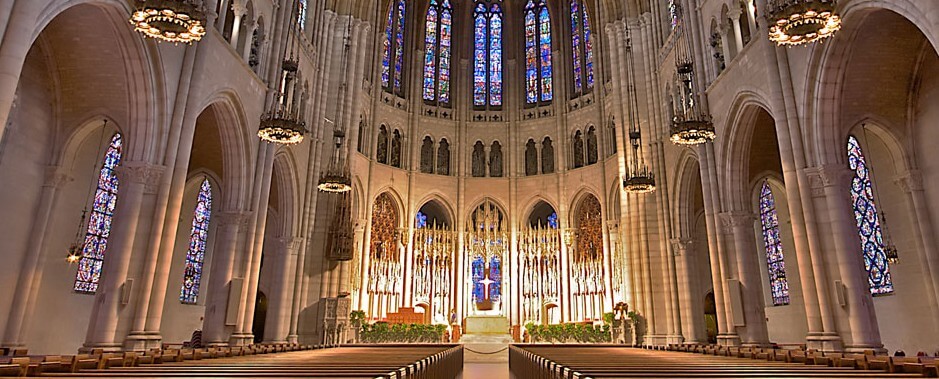
Religious organizations are those that manage the upkeep of places of worship, such as mosques, churches, synagogues, chapels and other buildings or meeting places.
They also manage the payment of salaries to religious leaders, such as Roman Catholic priests, Hindu priests, Christian ministers, imams and rabbis.
In addition, such organizations usually have other responsibilities, such as: the formation, nomination or appointment of religious leaders, the establishment of a corpus of doctrine, the disciplining of leaders and followers with respect to religious law, the determination of qualification for membership, etc.
Religious organizations are not required to register with the government, but may if they wish to apply for tax-exempt status or to gain official recognition. The French government defines two categories under which religious groups may register: associations cultuelles (associations of worship, which are exempt from taxes) and associations culturelles (cultural associations, which are not exempt from all taxes). Associations in these two categories are subject to certain management and financial disclosure requirements. An association of worship may organize only religious activities, defined as liturgical services and practices.
According to the 1905 law, religious organizations in France are not taxed on the donations that they receive. However, the prefecture may decide to review a group’s status if the association receives a large donation or legacy that comes to the attention of the tax authorities. If the prefecture determines that the association is not in fact in conformity with the 1905 law, its status may be changed, and it may be required to pay taxes at a rate of 60 percent on present and past donations.
In the United States, a faith-based organization (FBO) is an organization that has its mission based in a faith system. The U.S. IRS designates tax exemptions for those legal entities that qualify. To be a legal entity in America each religious organization must file the required documents in the U.S. states in which they operate.
